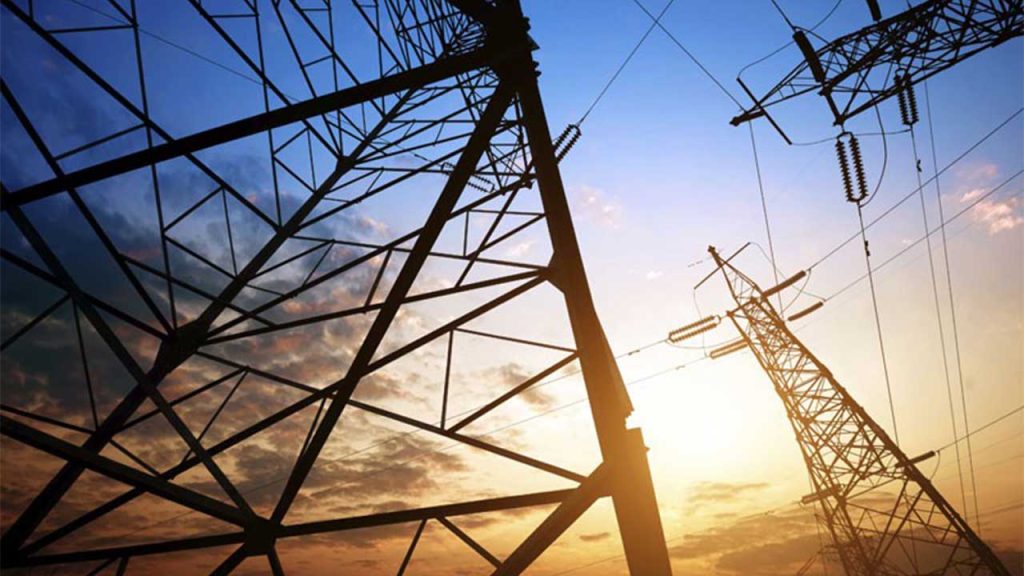As things are, Nigeria’s ongoing struggle with insufficient power supply has necessitated significant investment, leading to the Renewable Energy Roadmap Nigeria report’s suggestion that $34.5 billion be invested by 2030 to expand access to energy.
Over the next seven years, almost $4.93 billion will need to be committed yearly to provide 20,000MW to more than 200 million people.
Despite having a 13,000 MW potential, the available energy is now only 4,500 MW.
Frequent blackouts are a result of issues like gas shortages, equipment malfunctions, water shortages, and constrained grid capacity.
Self-generation using diesel and gasoline generators is a common practice for households and enterprises.
The report further stated: “Around USD34.5 billion in total investment will be required to provide electricity access to all households by 2030.
‘’Nigeria’s electricity supply system can be grouped into two: Centralised (grid-connected) and decentralised (off-grid) systems.
“The centralised system consists of the large-scale generation of electricity at centralised facilities such as large hydro and thermal plants.
‘’The decentralised electricity supply system consists of a few kilowatts to megawatt capacities such as captive diesel and gasoline generator sets as well as renewable energy technologies (such as solar home systems, streetlights and mini-grids).
“The total installed capacity of grid-based systems is around 13 GW.
“However, today’s available on-grid peak generation varies and hovers around 4.5 GW.
‘’Nigeria’s on-grid generation is dominated by natural gas power stations (86%) and large hydropower plants (14%).
“However, unavailability of gas, machine breakdowns, seasonal water shortages and limited grid capacity have severely limited the operational performance of these power plants.
“This situation has led to acute shortages of electricity supply across the country with blackouts lasting for several hours in a day.
‘’The situation has also made many households and business units result to self-generation of off-grid electricity using diesel and gasoline generator sets as back-up.
“In terms of installed capacity, there is considerable uncertainty about the total capacity of fossil fuel-based self-generation.
‘’For these reasons Nigeria needs to improve the provision of electricity in the country in terms of both access and reliability in order to reduce the use of captive diesel and gasoline generators.”
The Solutions to Nigeria’s Energy Crises
To address Nigeria’s energy crisis and promote access, reliability, and reduced reliance on captive diesel and gasoline generators, the following solutions are recommended:
Infrastructure Development: Invest in the expansion and modernisation of power infrastructure, including transmission and distribution networks, to improve energy delivery to remote areas and reduce transmission losses.
Renewable Energy Promotion: Encourage the adoption of renewable energy sources such as solar and wind by providing incentives and subsidies to promote their affordability and accessibility. This will diversify the energy mix and reduce dependence on fossil fuels.
Mini-Grid and Off-Grid Solutions: Implement decentralized mini-grid and off-grid solutions, particularly in rural and underserved areas. These localised power systems can utilize renewable energy sources and provide reliable electricity to communities that are not connected to the main grid.
Energy Efficiency Measures: Promote energy-efficient practices and technologies across residential, commercial, and industrial sectors. This includes encouraging the use of energy-saving appliances, promoting energy conservation practices, and implementing energy management systems.
Public-Private Partnerships: Foster collaboration between the government, private sector, and international organizations to attract investments and expertise in the energy sector. Public-private partnerships can accelerate infrastructure development, promote renewable energy projects, and enhance overall energy sector performance.
Policy and Regulatory Reforms: Review and update energy policies and regulations to create an enabling environment for renewable energy deployment, private sector participation, and fair competition. Clear guidelines and streamlined processes will attract investors and facilitate the growth of the renewable energy sector.
Awareness and Education: Increase public awareness and education about the benefits of renewable energy, energy conservation, and the negative impacts of captive diesel and gasoline generators. Promote energy literacy and encourage behavioral changes towards sustainable energy practices.
Conclusion
By implementing these solutions, Nigeria can improve energy access, reliability, and sustainability while reducing the use of captive generators and transitioning towards renewable energy sources.
This will contribute to a more resilient and environmentally friendly energy system for the country.




Leave a reply